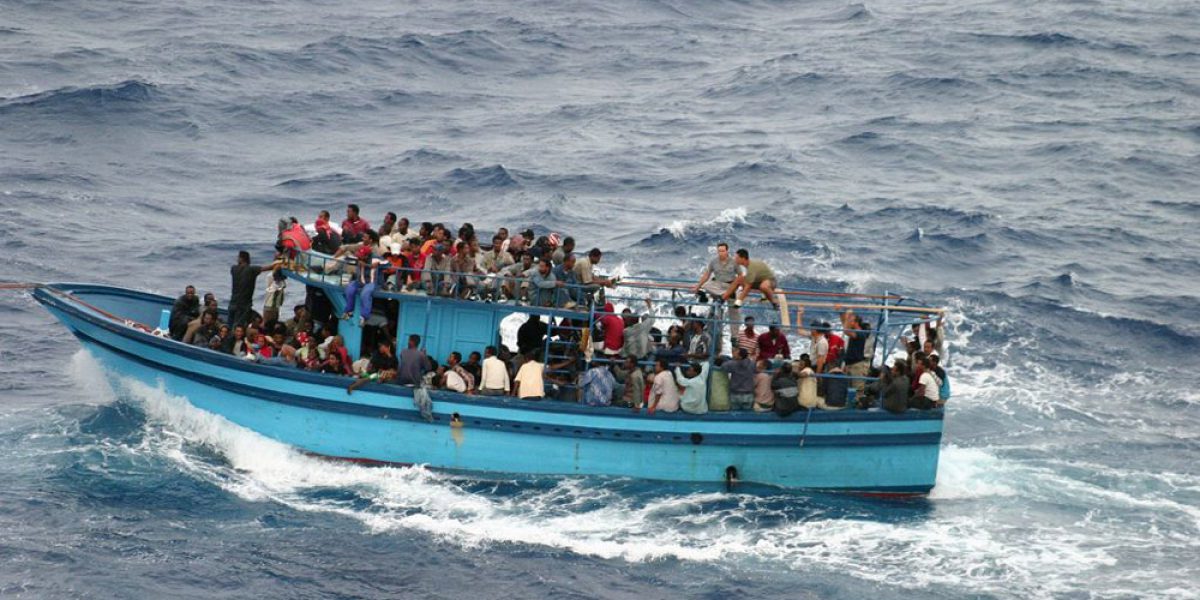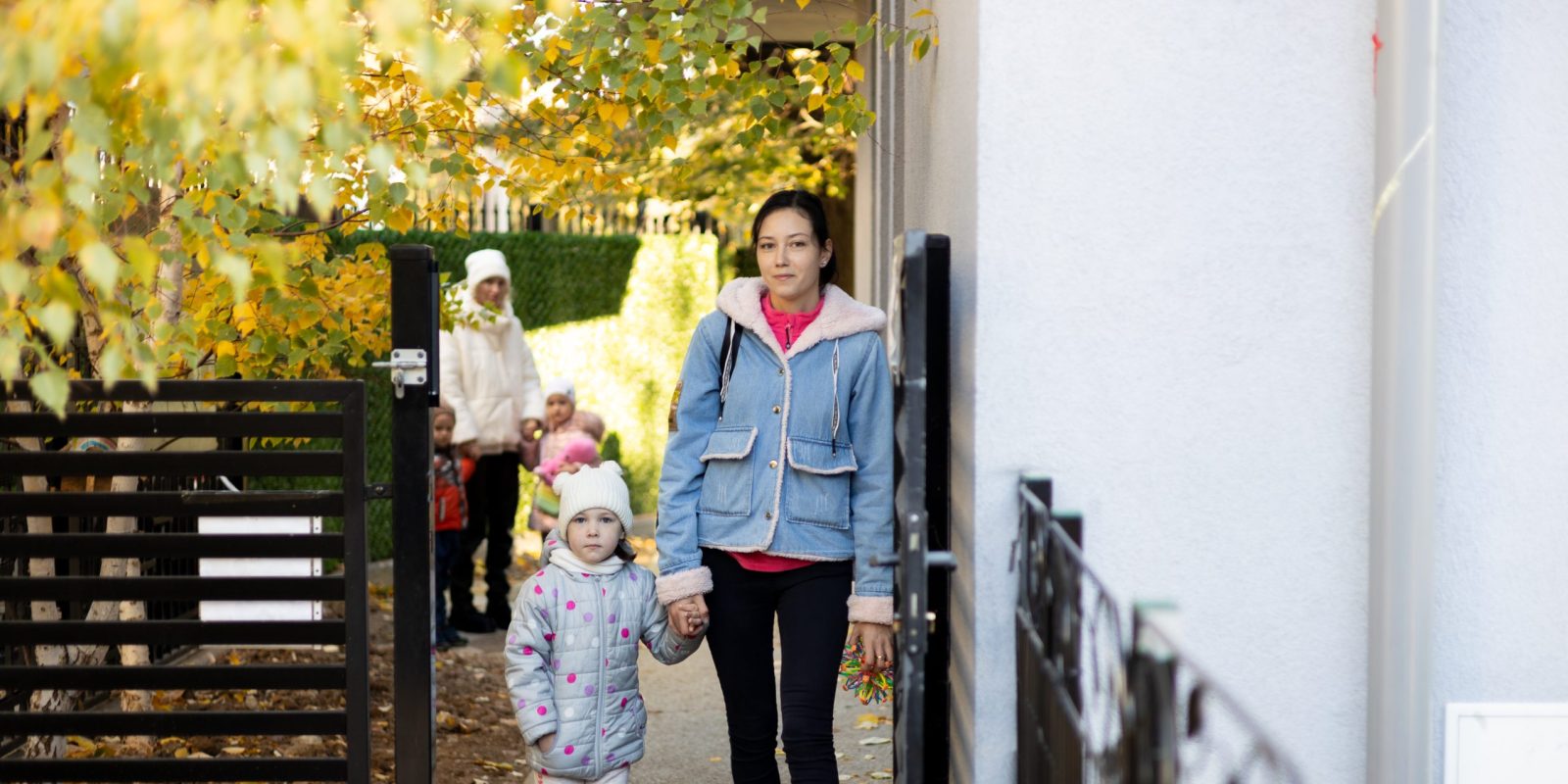
Brussels, 20 November 2014 – Together with six other Christian NGOs, JRS Europe has developed a set of recommendations for safe and legal paths to protection in the European Union. Currently, hundreds of people fleeing war and persecution die trying to reach Europe every month, despite an international legal framework which should ensure human rights and recognize the right to asylum.
According to UNHCR more than 3,000 women, children and men have lost their lives in the Mediterranean sea alone. Shockingly, a new report from the International Organisation for Migration (IOM) labelled Europe as the most dangerous destination for ‘irregular’ migration in the world. European policymakers have valued border security above human rights.
People fleeing violence, war and human rights violations in Afghanistan, Eritrea, Iraq, Somalia or Syria are too often forced to risk the lives in an attempt to reach safety. Given no other option they resort to smugglers who charge extortionate fees for perilous journeys. It must also be recognized that countries of transit do not offer safety and the possibility to establish a new existence. This is especially true for ‘failed states’ like Libya, but also for other countries like Egypt, Tunisia or Morocco that have not yet established effective and sustainable protection mechanisms.
Practical legal instruments must be put in place to enable those in danger to reach Europe swiftly and safely. Therefore, the ‘Christian group’ calls on policymakers to urgently develop a broad set of instruments to meet the needs of a diverse set of forced migrants fleeing some of the most dire and intractable conflicts taking place in the world today.
“Instead of looking for one big solution, there are a range of very realisable steps that policymakers can take to facilitate safe access to Europe now,” says Mr Stefan Kessler, JRS Europe senior policy officer. “The diversity and enormity of the current refugee crisis calls for a range of measures that can have real and immediate impact.”
Specifically the policy paper details four main areas for politicians at EU level as well as in member states to work on:
• Resettlement and humanitarian admission
• Family reunification
• Humanitarian visa
• Lifting visa requirements
The Christian group calls for a ‘toolbox’ to be developed with several mechanisms that ensure access to asylum and proper procedures for people in need of it. This could include the issuing of ‘humanitarian visas’, but also the lifting of the visa requirements for groups like those fleeing the war in Syria. Other ‘tools’ could include more resettlement places, humanitarian admissions, and the liberalisation of family reunification rules.
Instead of looking for one big solution, there are a range of very realisable steps that policymakers can take to facilitate safe access to Europe now. The diversity and enormity of the current refugee crisis calls for a range of measures that can have real and immediate impact.
Explore more
JRS North Macedonia anniversary: 25 years of unwavering commitment to refugees
December 18, 2024
news
18th DVSG: Deepening our understanding of vulnerability in detention and the role of JRS
November 25, 2024
news

